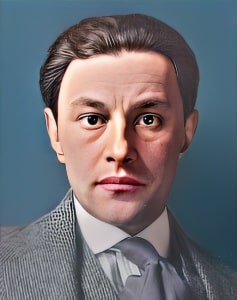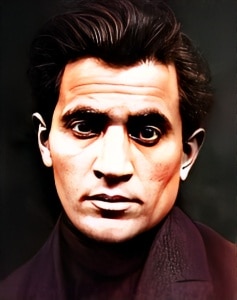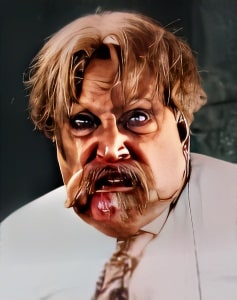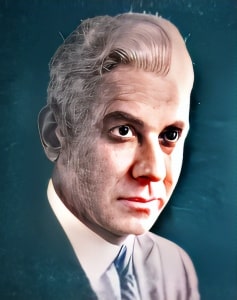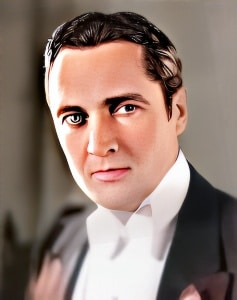 Edmund Lowe was an American actor who made a significant impact on the early years of American cinema.
Edmund Lowe was an American actor who made a significant impact on the early years of American cinema.
Born on March 3, 1890, in San Jose, California, Lowe’s career spanned both the silent film era and the transition to sound films. He became known for his versatility as an actor, taking on a wide range of roles, from swashbuckling heroes to dramatic leads.
Lowe’s entry into the world of entertainment coincided with the burgeoning silent film industry. During this era, silent films relied on visual storytelling and nonverbal acting, making it crucial for actors to convey emotions and narratives primarily through facial expressions and physical movements. Lowe’s adaptability to this medium and his talent for captivating audiences through his performances showcased his acting prowess.
One of the notable aspects of Edmund Lowe’s career was his role in the film “ The Silent Command” (1923), a silent drama directed by J. Gordon Edwards. In this film, Lowe portrayed Lieutenant Paul Decard, an officer in the United States Navy who also worked as a secret service agent. His mission was to infiltrate an espionage ring operating on American soil during World War I. Lowe’s performance in the film demonstrated his ability to convey a wide range of emotions and navigate the suspenseful world of espionage.
Beyond “ The Silent Command,” Lowe’s filmography included a variety of genres, from dramas to comedies and action-adventure films. His ability to engage with a diverse range of characters and narratives illustrated his versatility as an actor.
The transition from silent films to sound films marked a significant shift in the film industry. Many silent film actors struggled to adapt to this new era, but Edmund Lowe successfully made the transition. His skillful use of dialogue and vocal expressions allowed him to thrive in the sound film era, highlighting his adaptability and commitment to his craft.
Lowe’s career was marked by collaborations with notable directors and fellow actors, and his performances garnered critical acclaim. He portrayed a swashbuckling hero in “Beau Geste” (1926) and “Beau Sabreur” (1928), adding to his repertoire of roles and showcasing his ability to play charismatic leads in adventure films.
Despite the changing landscape of the film industry and evolving audience preferences, Edmund Lowe continued to find success in sound films. His performances in films like “Dinner at Eight” (1933) and “The Cisco Kid” (1931) further solidified his reputation as a talented and adaptable actor.
In conclusion, Edmund Lowe was an American actor who made a significant impact on the early years of American cinema. His career spanned the silent film era and the transition to sound films, where he demonstrated his versatility as an actor. His performances in a wide range of genres and roles, including his portrayal of Lieutenant Paul Decard in “ The Silent Command,” underscored his talent and commitment to his craft. Despite the challenges presented by the transition to sound films, Lowe’s adaptability allowed him to leave a lasting mark on the film industry and remain a valuable part of the history of early Hollywood.
Loading live eBay listings...

